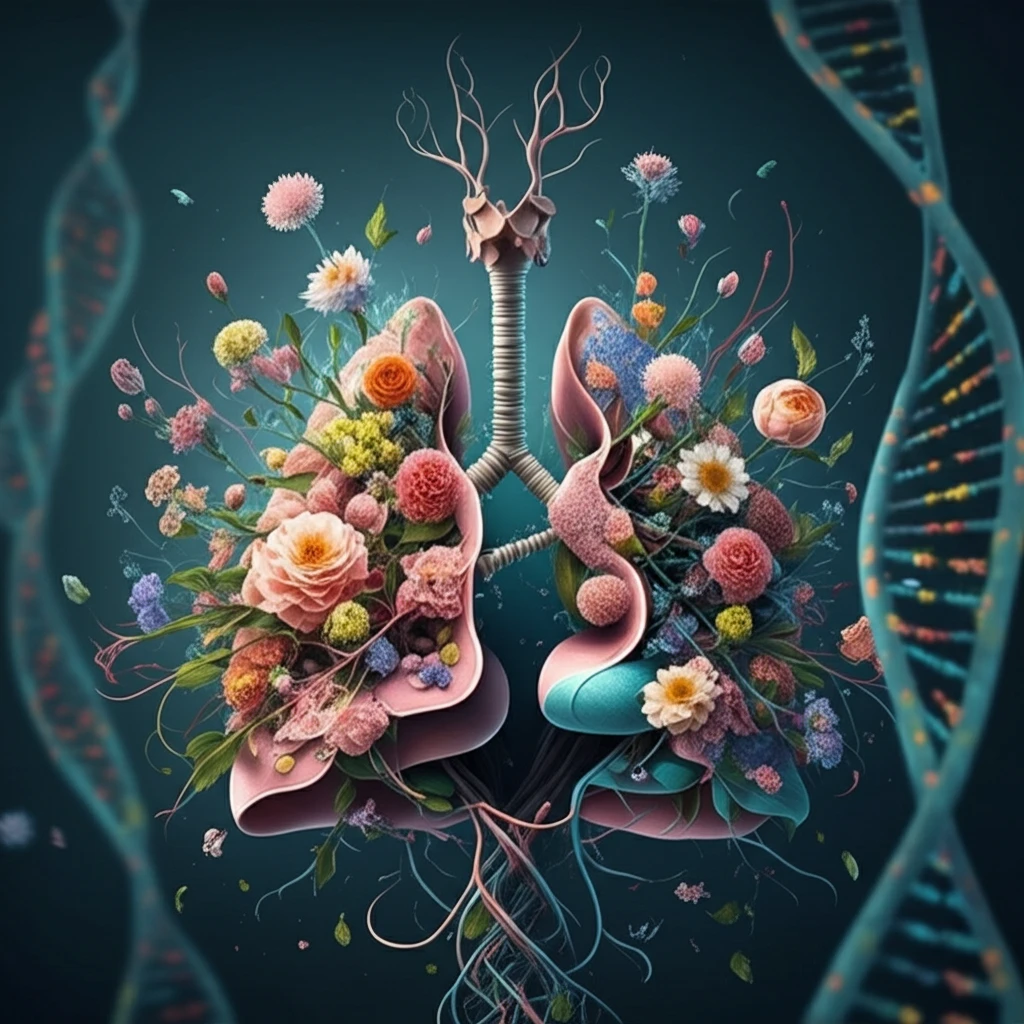
Lung Cancer Breakthroughs: What You Need to Know About Adjuvant Chemotherapy and Targeted Therapies
"Navigating the latest advancements in lung cancer treatment: A closer look at chemotherapy's role and the promise of personalized medicine."
Lung cancer remains a significant health challenge, being one of the most diagnosed cancers globally. However, continuous research and clinical trials are leading to advancements in treatment options and improved outcomes for patients. This article dives into two key areas: the role of adjuvant chemotherapy in non-small cell lung cancer (NSCLC) and the use of targeted therapies like Erlotinib.
Adjuvant chemotherapy, administered after surgery, aims to eliminate any remaining cancer cells and reduce the risk of recurrence. While it has been a standard treatment for many years, understanding its effectiveness and potential side effects is crucial for both patients and healthcare providers.
Targeted therapies, on the other hand, represent a more personalized approach to cancer treatment. These drugs target specific molecules involved in cancer cell growth and survival. Erlotinib, a tyrosine kinase inhibitor, has shown promise in treating certain types of NSCLC, particularly those with specific genetic mutations.
Adjuvant Chemotherapy in NSCLC: Weighing the Benefits and Risks

A retrospective study conducted in Northern Ireland between 2004 and 2017 examined the effectiveness of adjuvant chemotherapy in patients with stage 1b-3b NSCLC. The study, which involved 167 patients, aimed to assess the impact of chemotherapy on overall survival and disease recurrence.
- 46.7% experienced treatment delays.
- 19.7% required dose reductions due to toxicity.
- 44.9% experienced Grade 3/4 neutropenia (low white blood cell count).
- 12.6% experienced febrile neutropenia (neutropenia with fever).
The Future of Lung Cancer Treatment: Personalized Approaches and Ongoing Research
As research continues, the future of lung cancer treatment is likely to involve more personalized approaches. This includes identifying specific genetic mutations and tailoring treatment strategies accordingly. The use of targeted therapies like Erlotinib, along with advancements in chemotherapy regimens, holds promise for improving outcomes and quality of life for patients with lung cancer.
